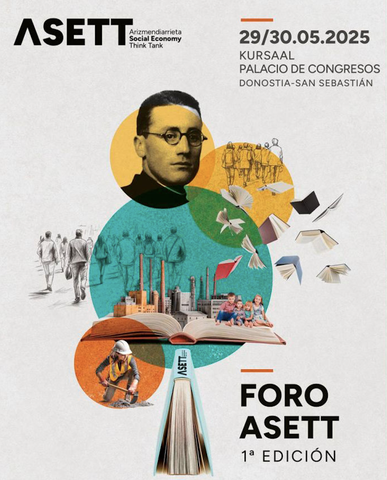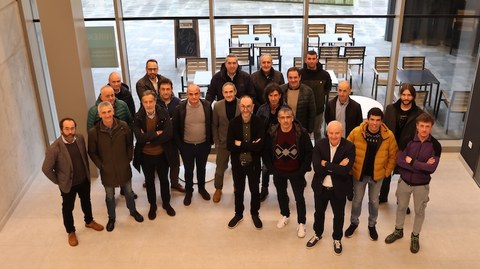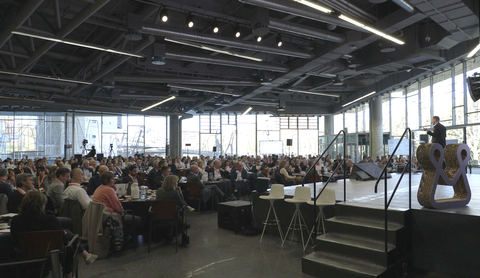Most read
- 1. Barcelona Circular, new project that strengthens MONDRAGON's roots in Catalonia
- 2. Danobatgroup sets a new turnover record of €344 M in 2024
- 3. Danobat revolutionizes manufacturing with a new precision robot
- 4. MONDRAGON expands its digital presence with Bluesky
- 5. MONDRAGON leads ASETT, the Social Economy Hub for social transformation
- 6. Orbik Cybersecurity, the first technological start-up to become a co-operative
UNESCO recognises cooperatives by considering them “heritage of humanity”
The United Nations Educational, Scientific and Cultural Organization (UNESCO) has recently inscribed the idea and practice of organising shared interests in cooperatives in its Representative List of Intangible Cultural Heritage. The decision was adopted by the Intergovernmental Committee for the Safeguarding of the Intangible Cultural Heritage at a meeting held in December last in Addis Ababa (Ethiopia), whose decisions have just been drafted and published.
UNESCO in this way recognises the global and transforming contribution of the cooperative movement as a whole
The Convention for the Safeguarding of the Intangible Cultural Heritage is the international legal instrument that since 1992 has sought to respond to possible threats to our heritage due to ongoing globalisation processes and social upheavals.
The significance of this recognition as intangible cultural heritage does not lie in the cultural manifestation itself, but rather in the social and economic value of this knowledge transfer; it is pertinent for both the minority and majority groups in a country, and has the same importance for developing and developed nations alike.
Recognising cooperation
UNESCO in this way recognises the global and transforming contribution of the cooperative movement as a whole, and describes cooperatives as entities that “allow for community building through shared interests and values creating innovative solutions to societal problems, from generating employment and assisting seniors to urban revitalization and renewable energy projects”.
As of this moment, the cooperative movement is now officially part of our common world heritage, which should lead to greater protection and safeguarding of cooperatives and those organisations that ensure their continuity by governments and agencies worldwide.


















